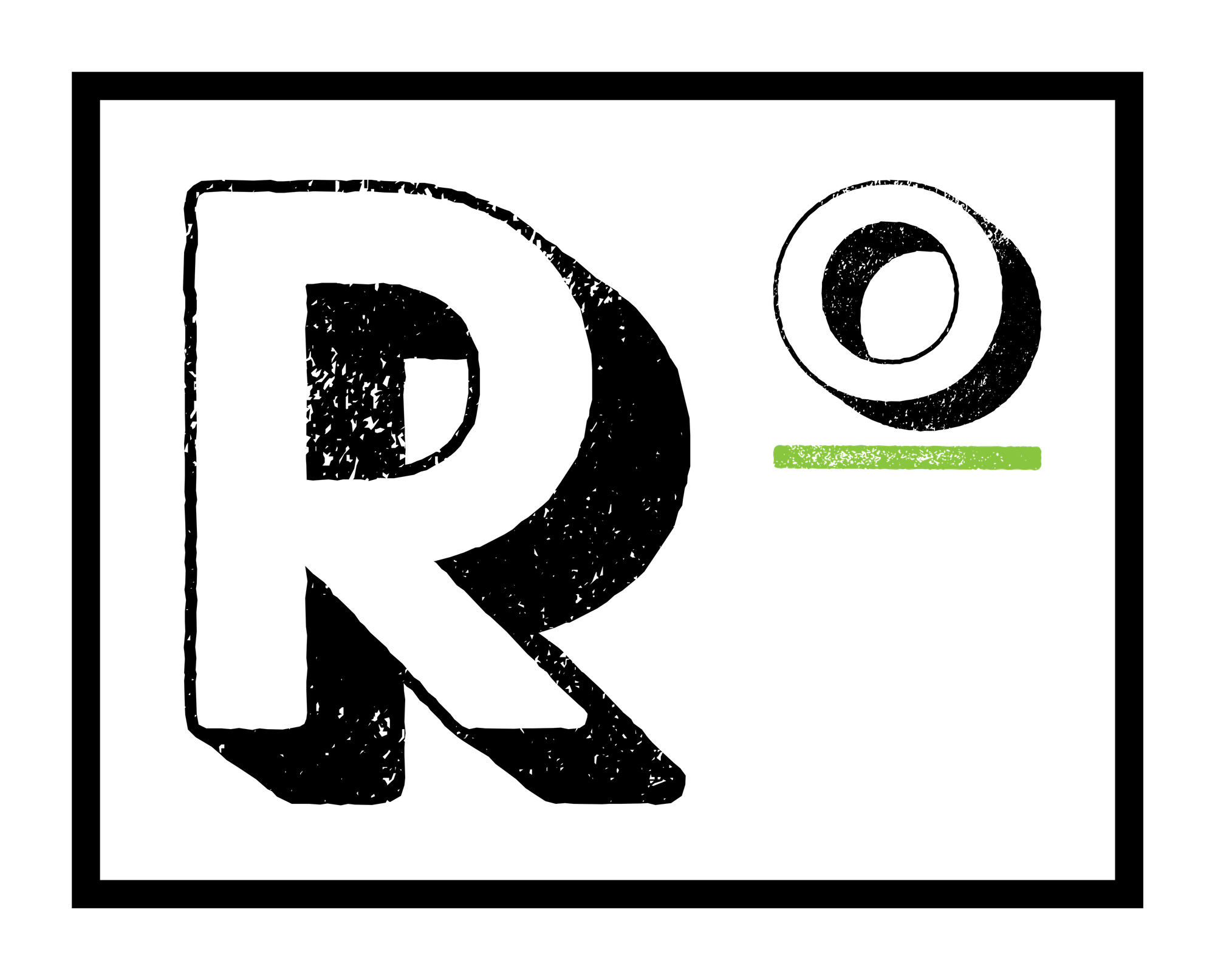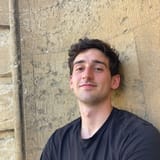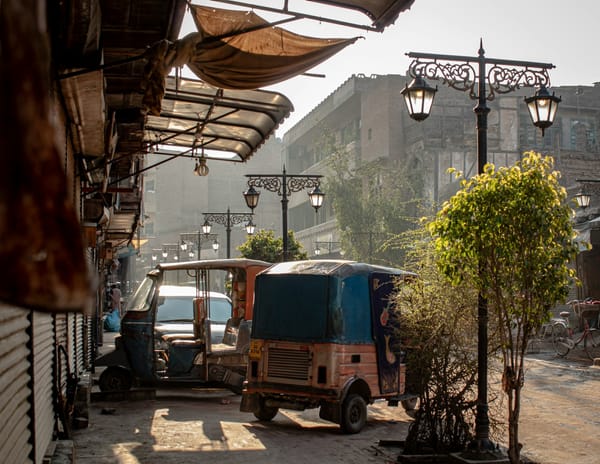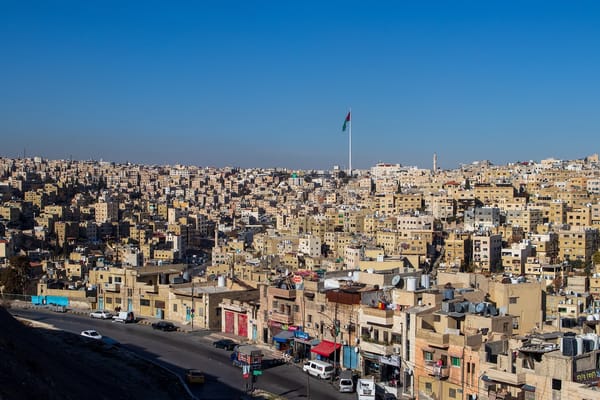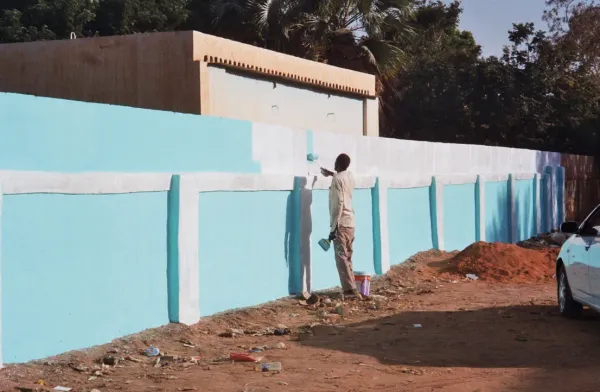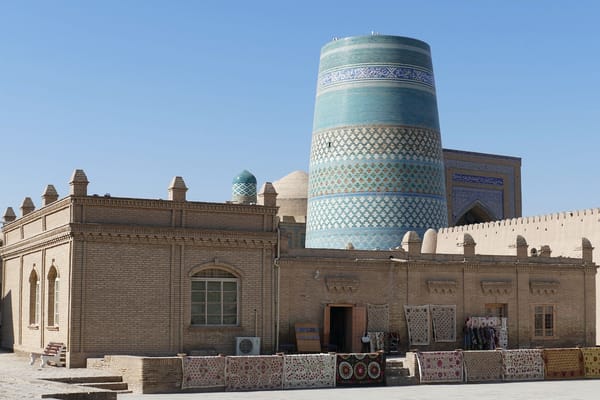CAAFiSOM: Somaliland's first VC-backed startup
First-mover advantage has some upsides.
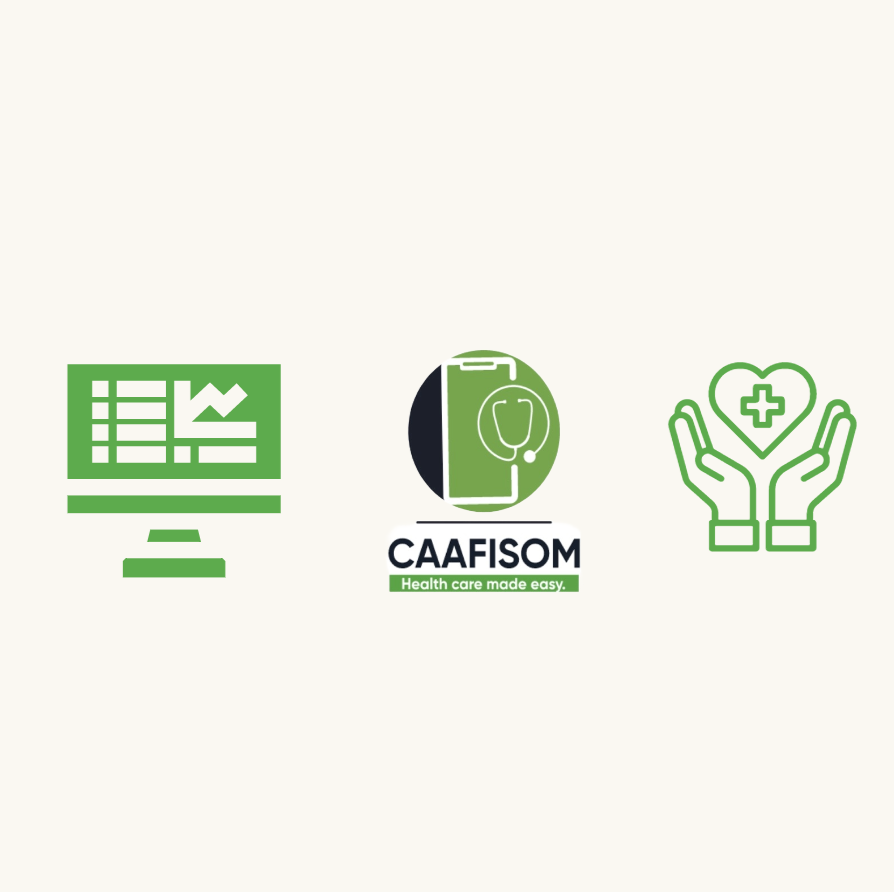

Somaliland: a primer
A territory of 4 million people strategically located at the Horn of Africa’s tip, Somaliland is in a peculiar situation. Although self-governed in practice since 1991, replete with an autonomous government, army, and currency, its sovereignty is not recognized. It is still, officially, a part of Somalia.
Despite its seditious origin story, Somaliland is far from a pariah state. Located near the Bab el Mandeb, a tactical chokepoint through which ships coming in and out of the Suez Canal traverse, Somaliland has fostered bilateral relationships with interested states.
For example, the UAE has massively invested in the Berbera port to the tune of $442M. An investment for which it gained the right to operate the port for the next 30 years. The simultaneous establishment of an economic free zone displays the UAE’s desire to capitalize on the growing East African market, Ethiopia’s 120 million people especially.
Somaliland’s GDP per capita is still extremely low, at around $775, but trends are looking upwards. GDP as a whole grew by over 8% in 2021. Investments and remittances by the diaspora are crucial for the economy’s growth and the territory’s survival. Foreign investments such as the one in the Berbera port display Somaliland’s timid but increased international appeal.
CAAFiSOM: the origin story
It all started when a few friends visited Hargeisa, Somaliland’s capital. Among them was Mohamed Ismail, CAAFiSOM’s founder. Born in Somalia, the now 38-year-old moved to Sweden at a young age and has spent most of his professional life in the UK.
In a relatively random turn of events, Mohamed discovered that some of the world’s highest-quality Frankincense, an aromatic resin used in perfumes, oils, cosmetics, dental products, and medicine was grown in Somaliland. To capitalize on the opportunity, Mohamed created FrankSom, a company he still runs today.
A 2016 trip to Somaliland would spur yet another business idea. Mohamed got awful food poisoning. In search of medical attention, he realized he didn’t have any online, relevant information on where to get the appropriate care. He deduced that this wasn’t only a problem for visiting diasporas like him, but also for local Somalis.
This finding coincided with another frustration: Mohamed’s father, who had moved back to Somaliland a couple of years back, hoarded stacks of paper medical records. A nightmare to organize, even more so to find relevant information. In the 21st century, this didn’t seem normal.
The same group of friends envisioned a simple app, solving both aforementioned problems: one where patients could book appointments at various hospitals, and where hospitals could digitize their patients’ records. They decided to build it, bootstrapping with the money Mohamed was making from the Frankincense business.
Product chronology
Somaliland’s healthcare providers didn’t welcome the idea with open arms. Switching from pen and paper to laptops felt like a hassle. A Somaliland saying goes “We’ve always done it this way”. A mantra Mohamed still loathes to this day and attributes many of his native land’s ills to.
To get hospitals on board, CAAFiSOM’s team had to go the extra mile. They bought laptops and installed wifi at the hospitals they were seeking to convert. They started to hack out the strenuous work of copying paper records onto digital ones. According to Mohamed, there are 1.5 million documents to copy over.
These painstaking efforts ended up paying off. Today, CAAFiSOM has onboarded over 50 hospitals in the Horn of Africa, and has its eyes on neighboring countries. Through the app, users can book appointments, order an ambulance, get diagnostics results, and even arrange for medical travel abroad if needed. Hospitals on the other hand can expand their reach to people who might not be in their immediate vicinity.

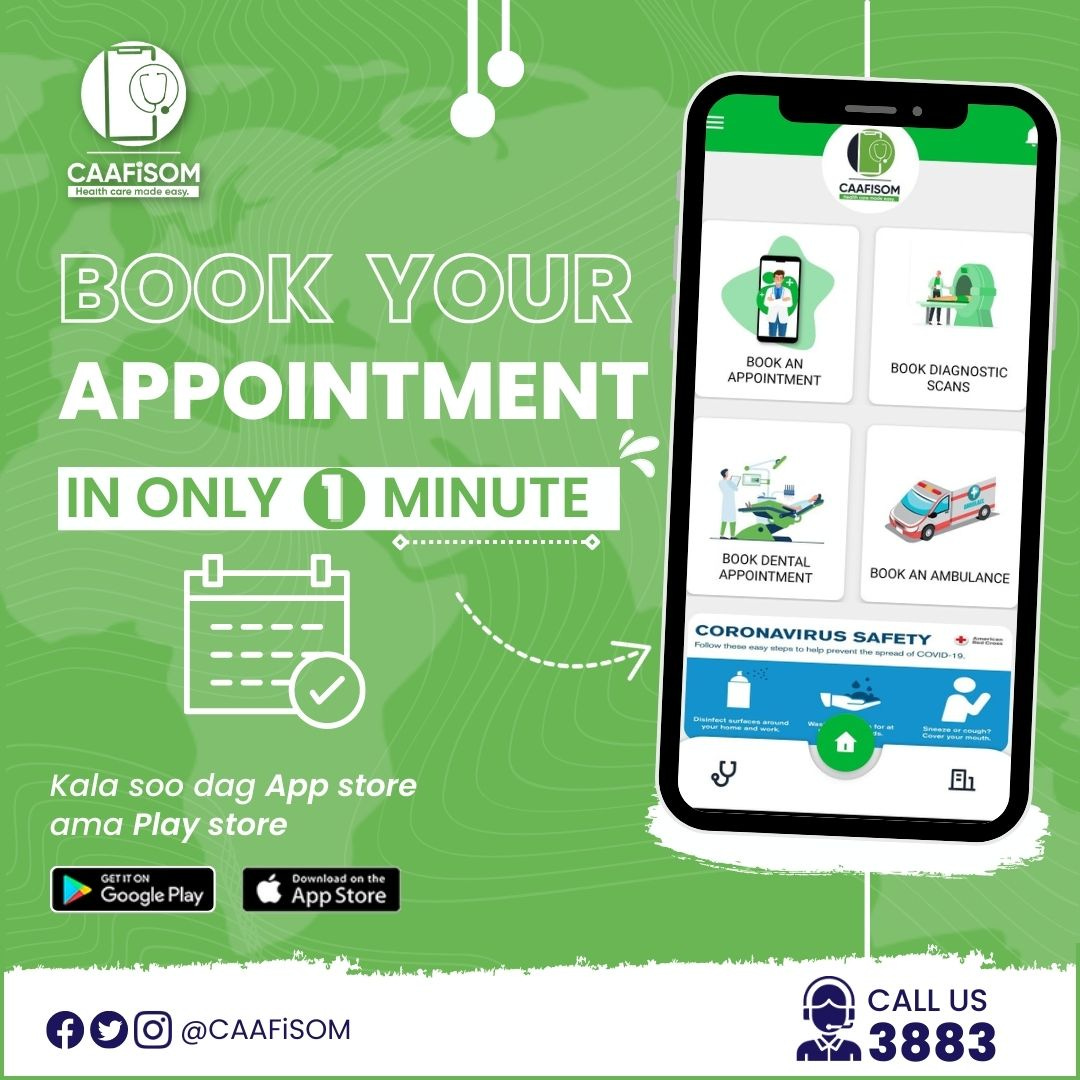

Funding and business model
Earlier this year, CAAFiSOM made history by becoming the first VC-backed startup in Somaliland/Somalia's history. The $110K pre-seed round was led by Takeoff Fund, Somaliland’s first VC, run by an American, and Tofino Capital, an American frontier market investor. The funding helped the team grow to 40 employees.
In terms of business model, hospitals foot the bill. They pay a cut of the revenue they make from appointments booked through the app. Making patients pay extra would not be judicious: healthcare coverage in Somaliland is weak, with the government only covering some routine check-ups. Everything else is out of pocket, including medication. The average Somali patient is already financially stretched thin.
In relation to that issue, the company has started experimenting with new products, such as health insurance. It’s a tricky feat in a Muslim country. Technically, according to Islamic doctrine, any money a patient pays for their insurance policy but does not end up using should be reimbursed. That makes for a complicated business model.
CAAFiSOM has innovated around it, offering an extremely cheap insurance policy for school children. For $18 a year, parents can subscribe their child to the CAAAFiSOM health service, which dispenses the child with sight, hearing, and other kinds of check-ups throughout the year. The objective is to prevent big issues before they happen, ultimately reducing the family’s healthcare bill in the long run.
The company has also set its sights on a hyper-specific market: Indian and Turkish hospitals that East African patients sometimes attend for medical procedures they can’t access at home. CAAFiSOM’s business model, taking a cut of appointment revenue, makes sense here. Especially for potentially higher “basket value” medical procedures.
Somaliland’s startup ecosystem
Mohamed is pretty clear about the potential he sees in Somaliland’s startup scene: “everything is missing, so everything will work”. The influx of diaspora money, time, and skills can serve the ecosystem well. The government’s stated digitalization plans are, obviously, a boon for local startups.
He is also relatively bullish on the potential for tech solutions in neighboring Somalia, which is also carried by its diaspora. The similarity of challenges faced in Somaliland and Somalia make for a pertinent “scaling” case.
Mohamed notes a couple of key challenges to overcome. More free trade agreements should be signed to shine a brighter light on the territory, as internationally recognized sovereignty seems far-fetched for now. Locally, a more robust business legislative framework would help Somali entrepreneurs operate with peace of mind. Local banking and telecom conglomerates could help boost the ecosystem with investments.
Mohamed re-emphasizes that one of the most prominent obstacles to the ecosystem’s development is the cultural reluctance to change. The “We have always done it this way motto has to be permanently banned”, he says. With the limited financial resources they have, Somali founders could benefit from doors opened by a culture embracing innovation and accepting failure.
Conclusion
Despite different markets’ cultures, political situation, or economic outlook, people’s needs remain the same. They want their loved ones to be healthy. They want to communicate more easily. They want to get around faster.
This means that, despite the inherent difficulties of operating in a market, the opportunity and the desire for products that have worked elsewhere probably exists. It’s a matter of persisting long enough, savvily navigating the market’s intricacies, and bringing smart people on board.
Everything is, fundamentally, possible. CAAFiSOM proves it.

The Realistic Optimist is a weekly publication making sense of the globalized startup scene.
